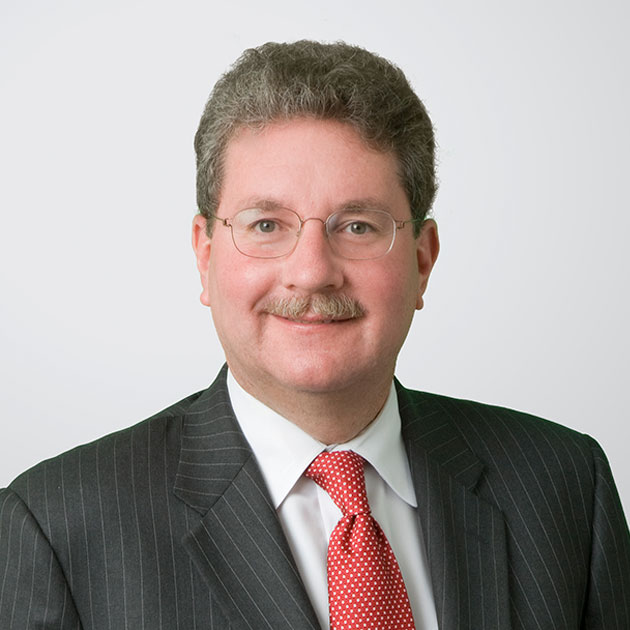The apparent listing of a deceased woman as a board member with voting rights in filings submitted to the FCC could end up killing a low-power FM radio station serving the city of Marion, Ohio.
But, that may be inconsequential to the reason why the Presiding Judge in the LPFM’s license revocation hearing convened to review the matter is ready to pull the plug on the mini station. After being warned, the licensee still does not have legal counsel.
It must lawyer up by July 27.
That could prove daunting for Shawn Craft, who has emerged as the head of operations for WWGH-LPFM.
For the last five months, Craft has been dealing with a hearing proceeding tied to the license renewal of WWGH. The Media Bureau on February 23 initiated the hearing, basing it on “inconsistent submissions” by its licensee, the Marion Education Exchange, regarding the composition of its Board of Directors.
Then, there is the licensee’s failure to respond to FCC inquiries, in addition to an alleged unauthorized transfer of control.
WWGH had employed the services of Columbus, Ohio-based attorney George Wolfe. However, Wolfe on May 10 filed a motion to withdraw as counsel on the grounds that his client had “failed to cooperate” and “is no longer communicating.” WWGH evidently also failed to provide Wolfe with payment for its services.
With no attorney to represent WWGH, Craft took the matter into his own hands — improperly. Specifically, Craft on June 5 e-mailed FCC Chairwoman Jessica Rosenworcel, apparently seeking relief from an Order from the Presiding Judge setting a June 20 deadline for Marion Education Exchange to comply with mandatory discovery requests submitted in the case by the FCC’s Enforcement Bureau.
To the ire of the Enforcement Bureau and the Presiding Judge, Craft asked Rosenworcel for a 90-day extension from the June 20 drop-dead date set by the Bureau. He cited the “ill health” of Spears as one reason for the extension request. And, he requested “help from a court appointed attorney.”
The FCC does not offer such legal counsel to those involved in its legal proceedings and hearings. Craft then said he’d represent the station, but that’s not possible as Commission rules do not permit an officer or employee to represent a corporation in hearing proceeding without the Presiding Judge’s approval. This led the Presiding Judge to give MEE until Thursday, July 14, to retain counsel.
 On the final day for filing the required Notice of Appearance, attorney Charles R. Naftalin, a Holland & Knight attorney in Washington, D.C., whose practice primarily focuses on telecommunications law, submitted a pleading captioned “Provisional Notice of Appearance of Counsel” and an accompanying motion in support.
On the final day for filing the required Notice of Appearance, attorney Charles R. Naftalin, a Holland & Knight attorney in Washington, D.C., whose practice primarily focuses on telecommunications law, submitted a pleading captioned “Provisional Notice of Appearance of Counsel” and an accompanying motion in support.
Naftalin stated that he was first contacted by
MEE on July 11, three days before the appearance was due.
As such, he’s uncertain if he can represent MEE just yet.
According to the FCC, Naftalin argued, “[The] record of this case is far too extensive to understand it in a matter of hours and to make determinations of whether or not to represent MEE, and if so, how best to represent MEE.”
What did Naftalin suggest? He asked that “all activities in this proceeding, including discovery, be tolled to and through September 30” and that he be afforded “the unilateral right, through the same period of time, to withdraw from the proceeding upon submission
of a statement to that effect.”
The very next day, the Enforcement Bureau submitted its opposition to the notice of appearance and supporting motion, arguing that the Provisional Notice fails to comply with either the FCC’s rules or the Presiding Judge’s June 24 order directing MEE to obtain counsel by a fixed date.
The Presiding Judge has “significant latitude” in controlling the course of a hearing
proceeding. And, she’s given MEE “concessions that she would not be inclined to provide a more sophisticated licensee” on several occasions. This includes MEE’s failure to file a proposed hearing schedule, as ordered by the Presiding Judge, and to respond to the Enforcement Bureau’s Request for Admissions by the original deadline. She even accepted for filing the e-mail sent to her and to Rosenworcel — ex parte communication that was
not only in violation of the Commission’s rules but “exceedingly inappropriate.”
The Presiding Judge has also provided MEE more than twice as much time to retain new
counsel as the Commission’s rules require, Administrative Law Judge Jane Hinckley Halprin pointed out.
Now, patience has worn thin at the FCC, and the clock is ticking for MEE.
“MEE seeks renewal of its license, but continues to show very limited understanding of the responsibilities inherent in being an FCC licensee,” Halprin said. She also rebutted Naftalin’s request for a two-month delay so he can “ponder” whether to take the case by stating, “the proposed suspension of this proceeding may serve MEE, but it does not serve the public interest.”
Nonetheless, given that dismissal will cause MEE to lose its FCC license, and seeing that MEE “appears to finally grasp the seriousness of this matter,” the Presiding Judge agreed to “a limited delay” to allow for filing of a valid appearance by counsel.
The Enforcement Bureau suggested 10 days. The Presiding Judge disagreed, offering a 7-day window that was codified by Halprin.
“Accordingly, within seven calendar days of the release date of this Order, an attorney representing MEE is to file a Notice of Appearance in this proceeding that conforms to section 1.221(c) of the Commission’s rules,” Halprin ruled. “If a valid notice is not filed, it is
the Presiding Judge’s intention to dismiss this matter for failure to prosecute.”
That would be the death knell for WWGH-LPFM.





